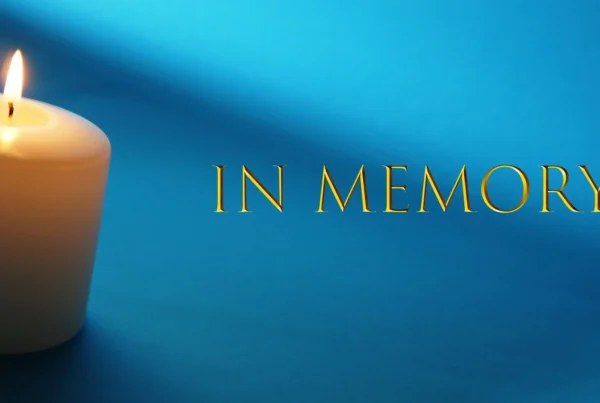Abstract
This paper explores the impact of the COVID-pandemic on educational and financial inequality in the levels of weekly sport participation in the Netherlands. Restrictions due to the COVID-pandemic resulted in several barriers for people to continue sport participation. Lower educated people and individuals with financial problems are expected to have relatively few resources to adapt to the COVID restrictions, and therefore, more likely will decrease their level of weekly sport participation. Using high-quality data from the Dutch Longitudinal Internet Studies for the Social Sciences (LISS) panel, we are able to compare individual sport behaviour before and during the COVID-pandemic. Our findings suggest that the level of weekly sport participation of lower educated people and individuals with financial problems decreased more strongly during the COVID-pandemic. This implies that indeed the COVID-pandemic resulted in increasing educational and financial inequality in sport participation. With these results, our study contributes to a body of knowledge on the broader societal impact of COVID on issues of social exclusion. It may also inform policymakers to critically assess and intensify sport promotion policies directed at vulnerable groups in society.
Methodology
To answer our questions, we employed the LISS panel (Scherpenzeel, Citation2009; see also www.lissdata.nl). This online panel started in 2007 based on a probability sample of households drawn from the Dutch population registers and consisted of approximately 7000 individuals living in 4500 households. Households were provided with a computer and internet access if they did not possess them, and members received financial compensation for participation. Panel attrition was higher among younger and lower educated individuals (Lugtig, Citation2014), but the LISS panel remained largely representative To answer our questions, we employed the LISS panel (Scherpenzeel, Citation2009; see also www.lissdata.nl). This online panel started in 2007 based on a probability sample of households drawn from the Dutch population registers and consisted of approximately 7000 individuals living in 4500 households. Households were provided with a computer and internet access if they did not possess them, and members received financial compensation for participation. Panel attrition was higher among younger and lower-educated individuals (Lugtig, Citation2014), but the LISS panel remained largely representative.
Key Findings
It is important to note that people who decreased their sport participation refer to both people who declined sport participation to less hours, and people who quit participating in sports during the COVID-pandemic at all. Likely, completely quitting sport is considered even more detrimental for both the individual and society than participating in sports for less hours. To investigate whether there are differences in the likelihood of completely quitting and declining sport participation, we conducted a multinomial logistic regression analysis. The results show a comparison of people that declined and quitted with sports during COVID, with an equal or higher level of weekly sport participation as a reference category. In these analyses logically only people who participated in sports in 2019 have been included. The models clearly indicate that higher educated are less likely to completely quit participating in sports (Exp(B) = 0.546). Also, people with financial problems are more likely to completely quit sporting than people without financial problems (Exp(B) = 1.819). Regarding the likelihood to participate in sports less hours per week during COVID-pandemic, these multinominal logistic regression analyses showed no significant differences between these groups. Linking this back to the beforementioned increase of educational and financial inequality in sports during the COVID-pandemic, it seems that this increased inequality is mainly the result of the fact that lower educated and people with financial problems hold a higher risk of completely quitting participating in sports, as opposed to solely reducing the hours of sport.
Interpretation
In this article, we tested the hypotheses that educational and financial inequality in the level of weekly sport participation increased during the COVID-pandemic. In line with prior studies on the impact of global crises on sports (Collins & Haudenhuyse, Citation2015; Roberts, Citation2013), our results confirm this idea. In particular, lower educated and people with financial problems seem to be at higher risk of completely quitting their sport participation during the COVID-pandemic. Based on our theoretical assumptions, our results imply that lower educated and those who are financially deprived have less resources to uphold weekly sport participation. Given the importance of practising sport and the beforementioned obstacles in upholding this participation, it seems important that these obstacles are mitigated or removed wherever possible. Our study reaffirms the importance of cultural and economic capital in studying sport participation (Demarest et al., Citation2014; European Commission, Citation2017; Hoekman et al., Citation2017). Our main conclusion drawn from the results is that educational and financial inequality in the level of weekly sport participation increased during the COVID-pandemic. We consider this to be an important result, amongst others because sports participation is associated with a lower risk of severe COVID-outcomes when infected (Halabchi et al., Citation2021).




Thought Piece from Charlie Raeburn for Reform Scotland